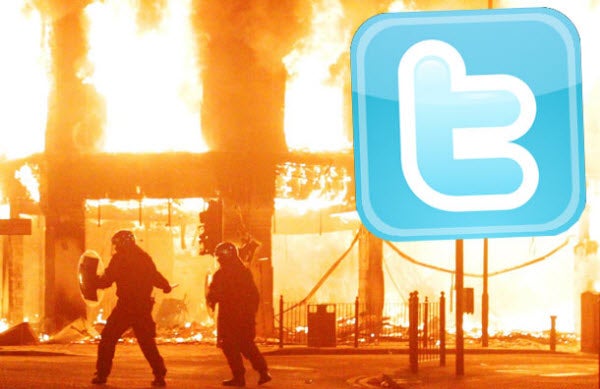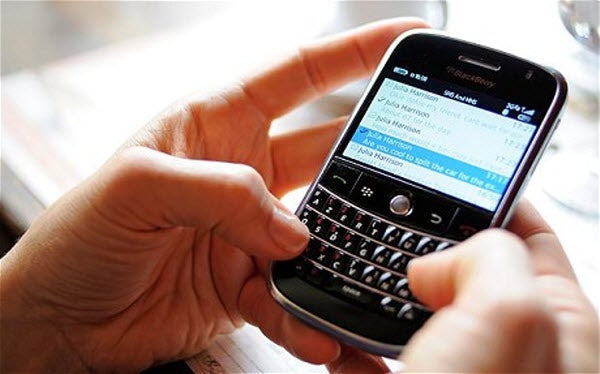Why The Vilification of Social Media Has to Stop

Bans, aren’t they brilliant. Websites, Internet Access and now social media. There have been similar thoughts in the past, they involved book burning – so it is probably a good thing they’re going digital.
“Everyone watching these horrific actions will be struck by how they were organised via social media,” said Prime Minister David Cameron, speaking on Thursday to a specially reconvened parliament after a week of London riots. “Free flow of information can be used for good. But it can also be used for ill and when people are using social media for violence we need to stop them. So we are working with the police, the intelligence services and industry to look at whether it would be right to stop people communicating via these websites and services when we know they are plotting violence, disorder and criminality. I have also asked the police if they need any other new powers.”
Presumably some of those powers would include stopping potential rioters sending SMS, writing on online forums, using telephones and the postal service. Perhaps he could ban access to word of mouth, or would that just be silly?
The sad truth is what Cameron says is no less silly. Much as MP3, eBooks and AVIs are digital music, books and films; Facebook, Twitter and BlackBerry Messenger (BBM) are digitised communication. It is no easier to ban access to them than to ban free speech itself. A new Twitter account can be created in under a minute while the free fall of RIM from the boardroom to the street means pre-pay BlackBerrys can be bought in little longer. Furthermore acquiring both can be done without divulging your real information. 
With rioting having died down in recent days (it is not yet known whether it will return over the weekend) the technological repercussions have started. First will be the investigation of BBM archives under the Regulatory Investigatory Powers Act (RIPA). RIM has agreed to the investigation, but under RIPA it cannot make public comment – even when threatened. BBM is a closed system and messages are encrypted so, questions of privacy aside, progress will be slow and whether it will lead to significant arrests is a matter for debate. Twitter is likely to be next under the spotlight, but how many incriminating tweets and suspects’ accounts will remain by then?
Perhaps more to the point these steps are reactive, not proactive and they do little to stop future unrest – especially in the near future. Certainly there is justification for these measures, but it would be arguably more useful long term to stop fearing these mediums (as every generation has done its respective technologies) and instead embrace them.

